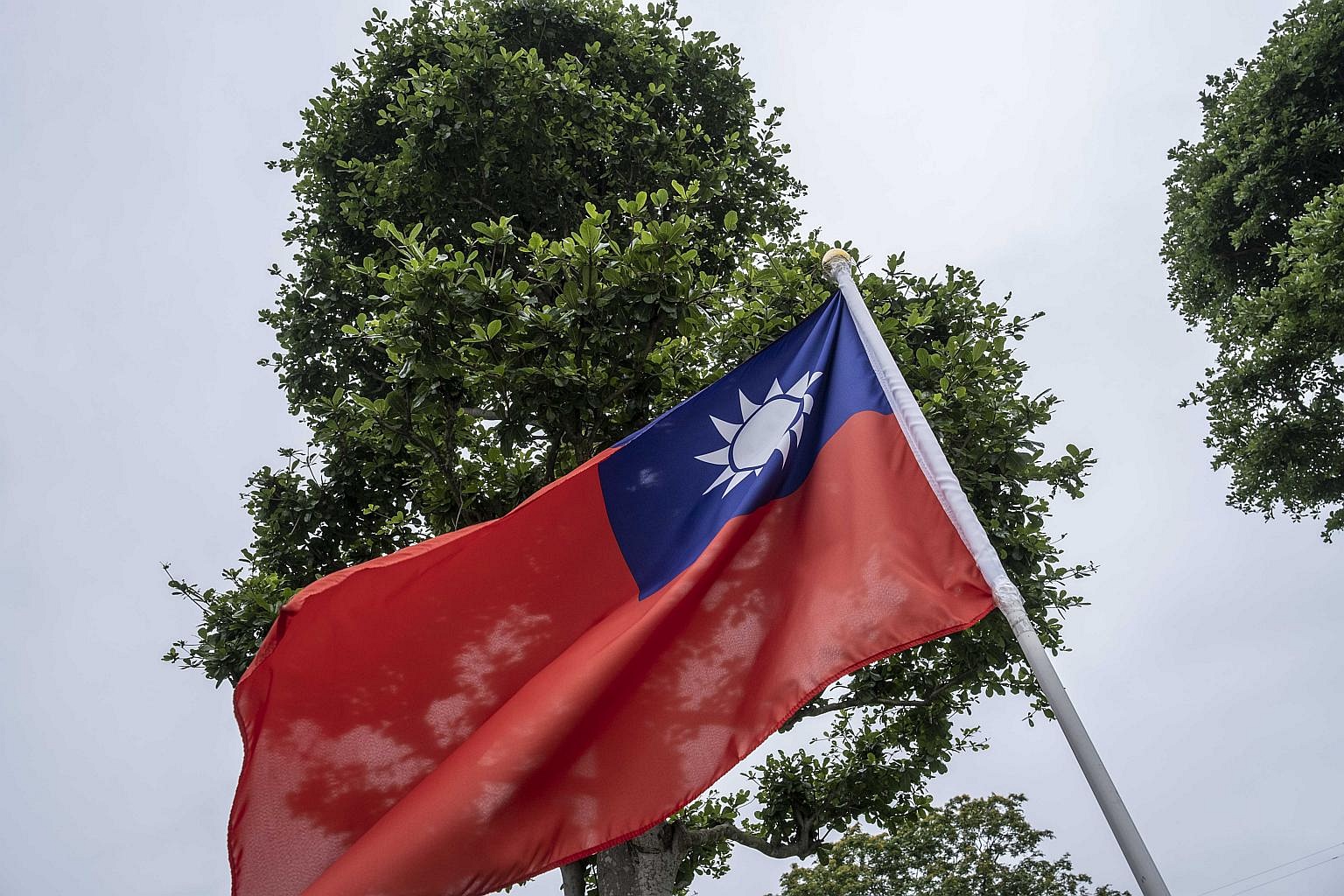For subscribers
By Invitation
Left unsettled, Taiwan issue increasingly poisons US-China ties
President Joe Biden’s off-script remark on the defence of the island has raised questions of what US policy actually is on the Taiwan issue.
Sign up now: Get ST's newsletters delivered to your inbox

US policy towards Taiwan has tormented Beijing for 72 years.
PHOTO: BLOOMBERG
Follow topic:
The United States officially does not pledge to send its armed forces to help defend Taiwan in the event of an attack by China. But on May 23, while visiting ally Japan, President Joe Biden reinforced the impression that US policy has changed. Asked if he was "willing to get involved militarily to defend Taiwan", Mr Biden responded "Yes". He has made similar statements as president on two other occasions. In all three instances, other US officials or Mr Biden himself subsequently denied that Washington had abandoned "strategic ambiguity" for "strategic clarity". For outside observers, however, especially the Chinese government, Mr Biden's off-script statements have major ramifications for maintaining peace across the Taiwan Strait. These episodes raise the questions of what US policy actually is and why such a simple statement by a US president about a hypothetical scenario should cause such controversy.
US officials have long maintained that potential US involvement in a cross-strait war is governed by US law - the 1979 Taiwan Relations Act - which states that any effort to determine the future of the island by other than peaceful means would be "of grave concern" and that the US must "maintain the capacity... to resist any resort to force or other forms of coercion" against Taiwan. The essence of what analysts have called the "strategic ambiguity" policy is that US intervention is highly likely, but Washington refuses to guarantee it.

